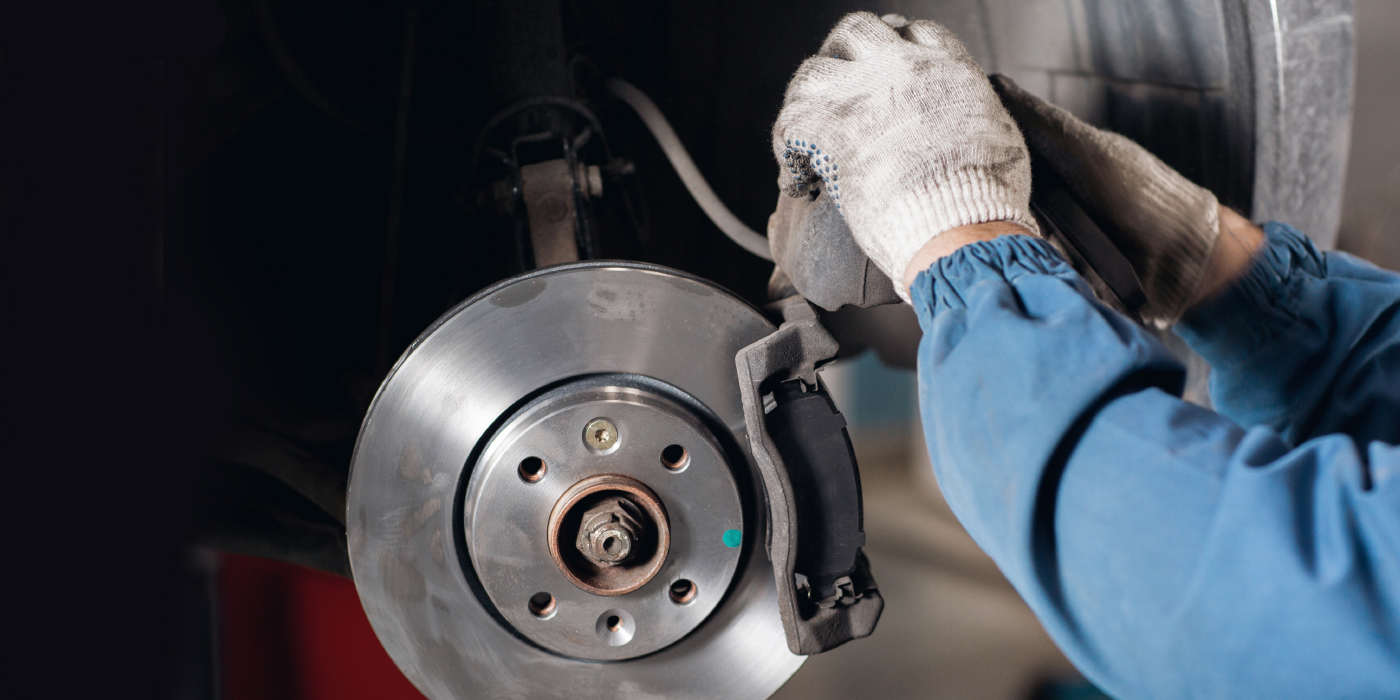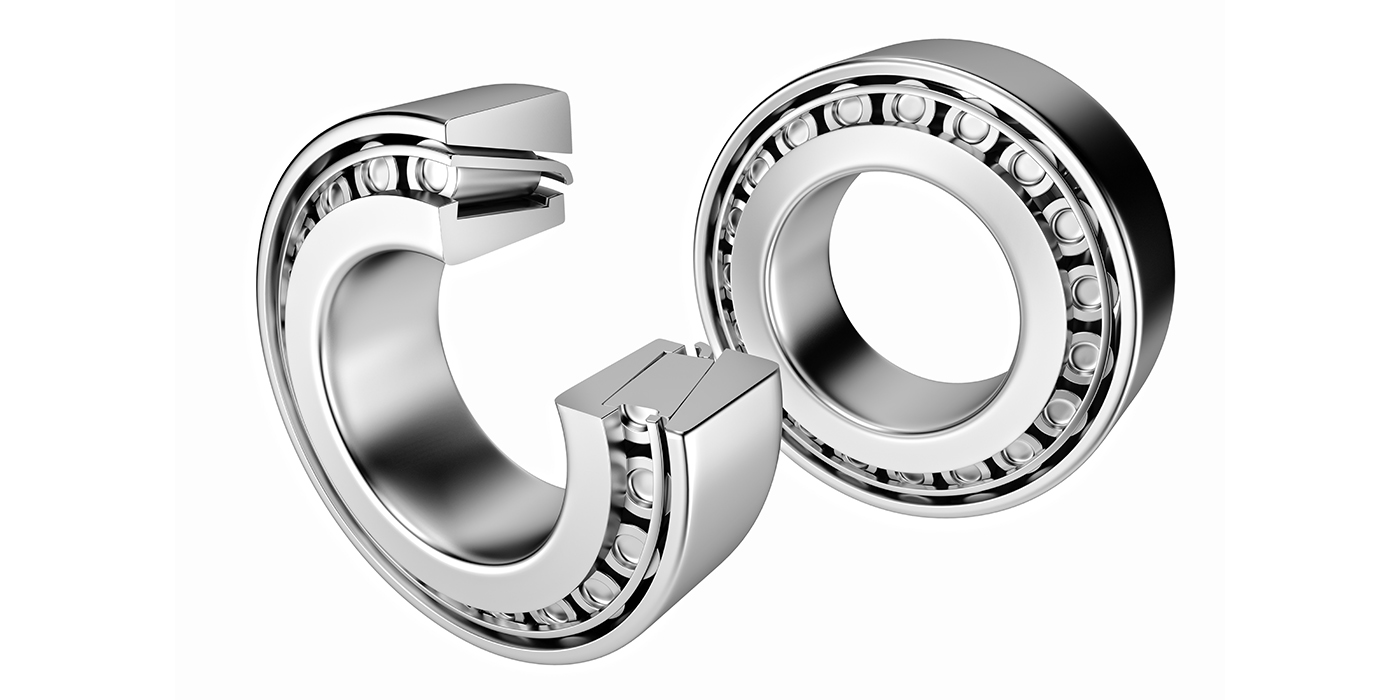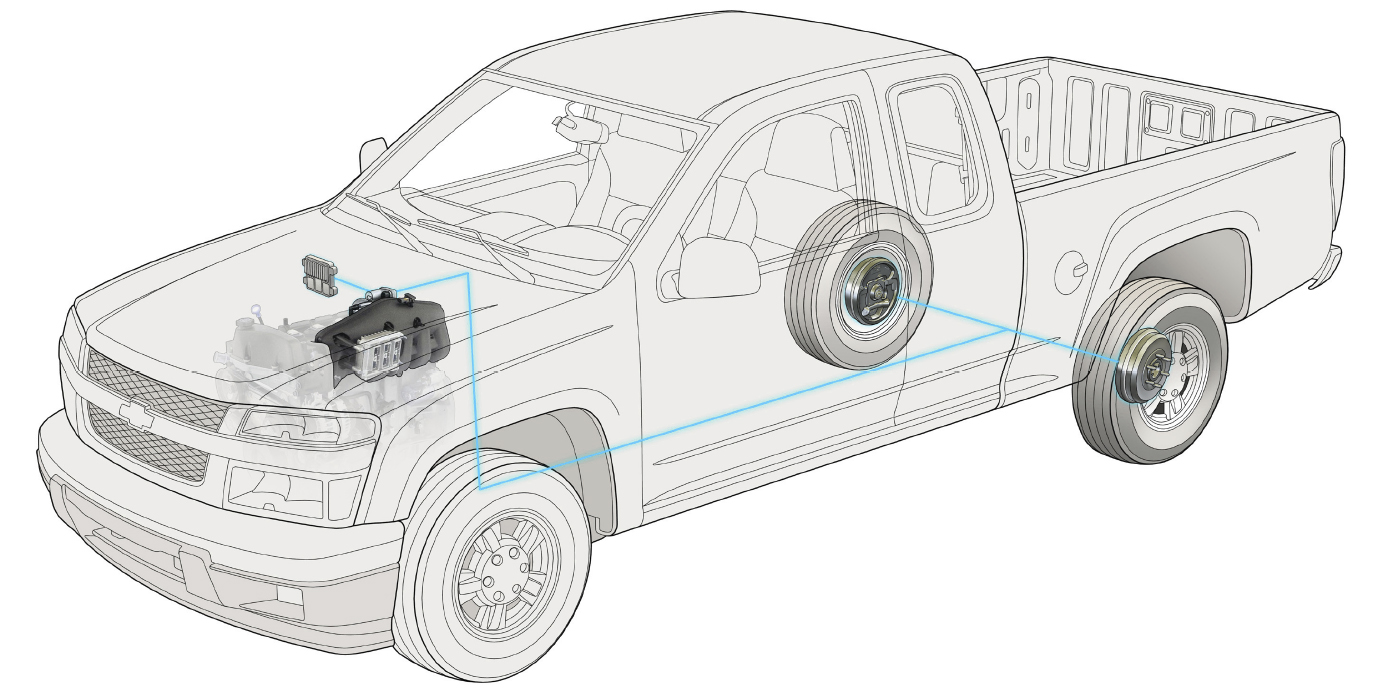To comply with new laws in Washington and California, the Brake Manufacturers Council (BMC), a market segment of the Automotive AftermarketSuppliers Association, has developed an industry-wide, self-certification program. The Brake Friction Materials Self Certification Compliance Program confirms that friction material suppliers comply with the applicable legislation, regulations and requirements in those states in a phased approach.
Terry Heffelfinger, vice president, product development, R&D and quality, Brake Parts Inc., serves on the BMC and has provided an update on the company’s compliance of these regulations, via its participation in the council.
“As part of the Brake Manufacturers Council (BMC), the Brake Pad Partnership and the Better Brakes Working Group, Brake Parts Inc. LLC has been actively engaged for more than 10 years to implement the Better Brake Rule," Heffelfinger said.
The Washington Better Brakes Law requires a phase-out of copper and other chemical constituents from brake friction materials sold or offered for sale in that state. For nearly two years, the Department of Ecology has been engaged in a consensus-based process to develop rules to implement the Better Brakes Law.
According to Heffelfinger, BPI has worked in collaboration with stakeholders that represented interests in Washington State and around the globe, including the Washington Department of Ecology, brake and motor vehicle manufacturers, water quality interests, wholesalers, distributors, retailers and installers of brakes. BPI says it is pleased toannounce the adoption of the Better Brakes Rule.
As a part of the BMC, Brake Parts Inc. has taken its first step and is fully compliant with Phase 1 of the certification program. As required by law, BPI provided baseline data to NSF International (an independent third party industry-sponsored registrar) before the deadline of Jan. 1, 2013. Then, NSF International provided the data to the Washington Department of Ecology, in compliance with the Washington Better Brake Rule.
Phase 2 of the new law limits heavy metals such as cadmium, chromium, mercury, lead and asbestiform fibers when tested to SAE J2975 by an independent third party lab. This happens in 2014 for California, and in 2015 for Washington. The new laws further limit copper to less than 5 percent by weight in Phase 3 on or after Jan. 1, 2021. On Jan. 1, 2025, California will limit copper to 0.5 percent by weight in Phase 4. That samerequirement becomes effective in Washington on Jan. 1, 2032, unless an advisory committee determines that alternatives brake friction materials are available.
Heffelfinger said, “All BPI brake friction materials will be tested and certified compliant by NSF International, which serves as the industry-sponsored registrar for the BMC.” By doing so, BPI will meet the second phase of the legislation, which takes effect Jan. 1, 2014.
Each brake friction formulation or material that is tested and found compliant will be given an edge code per SAE J866. In addition to the edge code marking, product packaging will be labeled with a“LeafMark” to show its level of environmental regulatory compliance.
Heffelfinger noted that many people don’t realize that these laws eventually target professional technicians, who could be fined $10,000 per violation if a non-compliant brake pad is installed.
“For more than a century, the Raybestos brand has stood for safety. The quest for safety now translates into protecting the environment … and protecting the reputations of the installers who sell Raybestos brakes in good faith," he said.
According to the state of Washington, the copper released from brake pads can affect sensitive species of algae (phytoplankton) that form the base of the aquatic food chain. Copper also directly damages the sensory capabilities of salmon, making it difficult for them to avoid predators or find their way back to their spawning grounds.
Friction manufacturers use copper in their formulations for faster curing and better heat dissipation. But as the industry learns more about copper’s effect on the environment, BPI is exploring alternatives to copper. Those safer alternatives include fiberglass, aramid and Kevlar fibers. As BPI fine-tunes its formulas to meet new environmental challenges, Heffelfinger said his company remains committed to meeting customer expectations for performance, wear and smooth, quiet braking.
“Brake Parts Inc. LLC is actively engaged at our R&D Center in Winchester, Ky., developing the next generation of low copper or no copper friction materials to meet the legislation in Washington and California," Heffelfinger said. "We already have a no-copper formula in production and our semi-metallic brake pads already meet the requirements for 2025.”
Copper also can be released from other non-brake-pad sources, which include: architectural copper, pesticides, agricultural land applications, pool, spa, and fountain algaecide treatments, pressure-treated wood preservatives, marine antifouling paint, fertilizers,industrial facilities and domestic water discharged to storm drains.
California and Washington are the first states to pass specific laws regulating copper and other substances in brake pads. However, Hawaii, New York, Oregon, Rhode Island and other states are considering similar laws.



